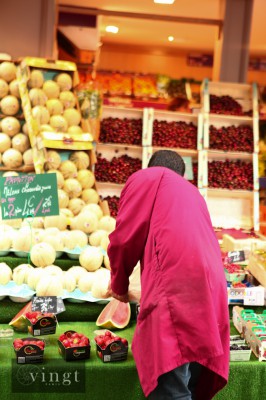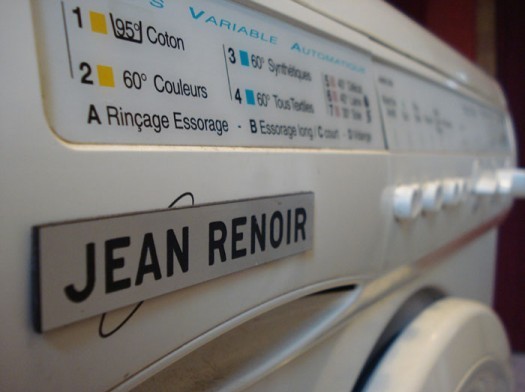Unspoken rules: Où est le feu?
Posted on March 30, 2012 by VINGT EditorialWords: Richard Price Images: VINGT Paris
I have never tired of trying to figure out what it is that makes the French unique. That is a delicate way of saying that I am endlessly frustrated by the French. Inner peace, I believe, is achieved not by focusing on what the French do but why they do it. And it is in my neighborhood Carrefour City that I stumbled upon one of my “Eureka moments” in this never-ending endeavor.
I am a deep believer that the true nature of a nation’s soul can be found in its supermarkets. In supermarkets, pretentions are checked at the door, and while the goods on display speak volumes about a nation’s spirit, it is by observing the interactions of the shoppers and clerks that one can mine a rich vein of insights into the true character of a people.
As usual, I had ample opportunity to observe French behavior while standing in the long queue at the checkout stand. (The snails in my shopping basket could have gotten out of the store faster had they gone under their own steam.) I carefully observed the middle-aged French woman in front of me at the caisse. She placed her items on the conveyor belt and then froze.
While the clerk was scanning the items, the woman stood there motionless, as if her blood had turned to concrete. No reaching for her wallet. No preparing to hand over coupons. No bagging of groceries. After the clerk had scanned all the items (and only after the clerk had scanned all the items) did this French shopper reach for her wallet, discovering in the process that she did indeed have some money-saving coupons that had to be rung up. Then, another pause.
Until that point, she had not pondered the question of cash-or-credit-card. She pulled a carte bleue from her wallet, examined it hastily, furrowed her brow and then put it back. This wallet went back into her purse and she dug for her change purse, having decided to pay with cash. My arms were already crossed over my chest. I tapped my foot.
Some bills were carefully unfolded and she counted coins to get the exact change. After several futile attempts at this, it was determined that she did not have enough coins, so she dug deeper for another bill that was then unfolded and bestowed upon the clerk as if it were a Communion wafer.
My thoughts were thus: Why didn’t she bag her groceries while the clerk was ringing them up? Why didn’t she decide if she was going to pay with cash or by credit card beforehand? Why didn’t she give the coupons to the clerk at the beginning? Why didn’t she get her wallet out so that she could pay the moment the clerk hit the “total” button? I would have been out of here by now! It would have been so much faster and more efficient!
And that’s when I said, «Eureka!» To the French, faster and more efficient are not necessarily better. I just assumed that they are. Later, when I told my French friends how I hastily bag my own groceries and always have my credit card in my hand the instant the clerk is finished ringing me up, they scrunched up their faces and said to me, «Why would you want to do that? Where is the fire? Où est le feu?»
There is a TV advert currently running in the United States for a washer/dryer that promises to wash and dry a load of clothes in less than 33 minutes. It is based on the assumption that faster must be better. A French person would be horrified at such a prospect. Indeed, I noticed that the washer/dryer in my Paris apartment has the option of a nine-hour wash cycle. Nine hours! What the machine does to my clothes in nine hours is anyone’s guess, but surely, it must be better than what the American washer/dryer could do in 33 minutes. 33 minutes, to a Frenchman, is not nearly long enough to properly clean and dry one’s clothes.
This false assumption that faster is automatically better can be seen in myriad ways in everyday life. Accepting the premise that faster is not always better has given me a vast appreciation of many French customs that had seemed to me like eccentricities. I might pat myself on the back for eating a sandwich at my desk while working on a spreadsheet on the computer and talking on a conference call at the same time. Multi-tasking, I believe it is called. The French want none of that nonsense, preferring instead a leisurely (and decidedly inefficient) three-course lunch at a table with four legs, cloth napkins, real cutlery and a glass or two of wine.
Likewise, I now see that the unhurried service one receives at any Parisian café (which I’d simply dismissed as “bad” service) is actually considered good service to the French, specifically because it is leisurely. Service at a French café is not supposed to be fast and efficient. It gives one ample time to relax and savor the café experience, rather than rush through it as if it were a root canal.
Now, when I’m stuck behind some slow-moving French people on a narrow sidewalk, I avoid the impulse to become cross. I remind myself that life is not a matter of getting from Point A to Point B as quickly as possible. The joy in life is savoring the journey. Où est le feu? Indeed.




